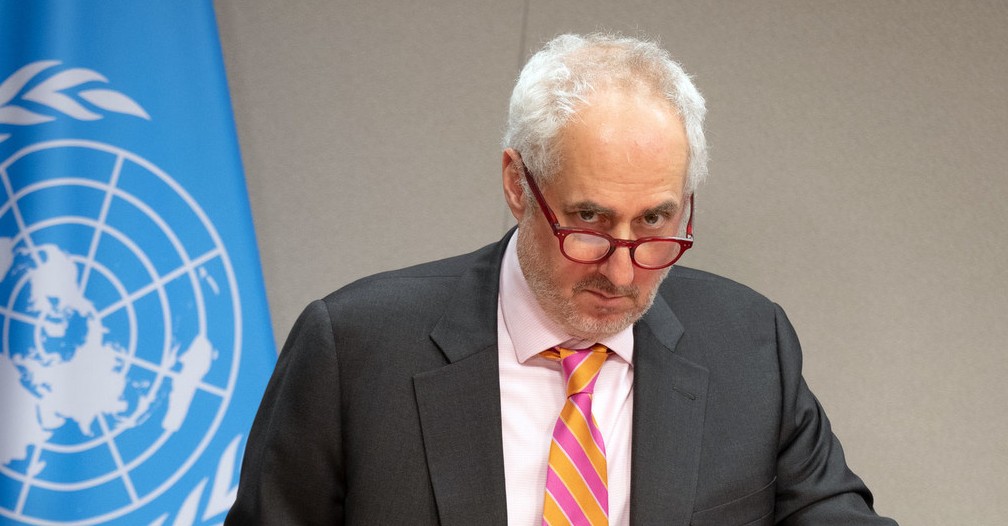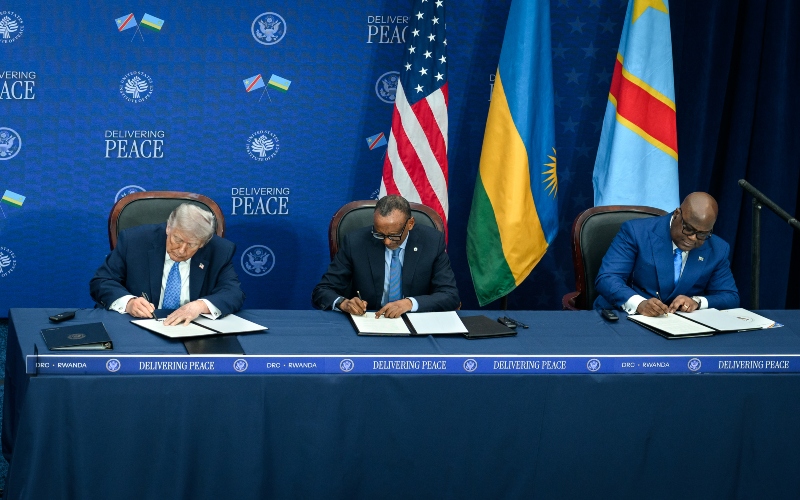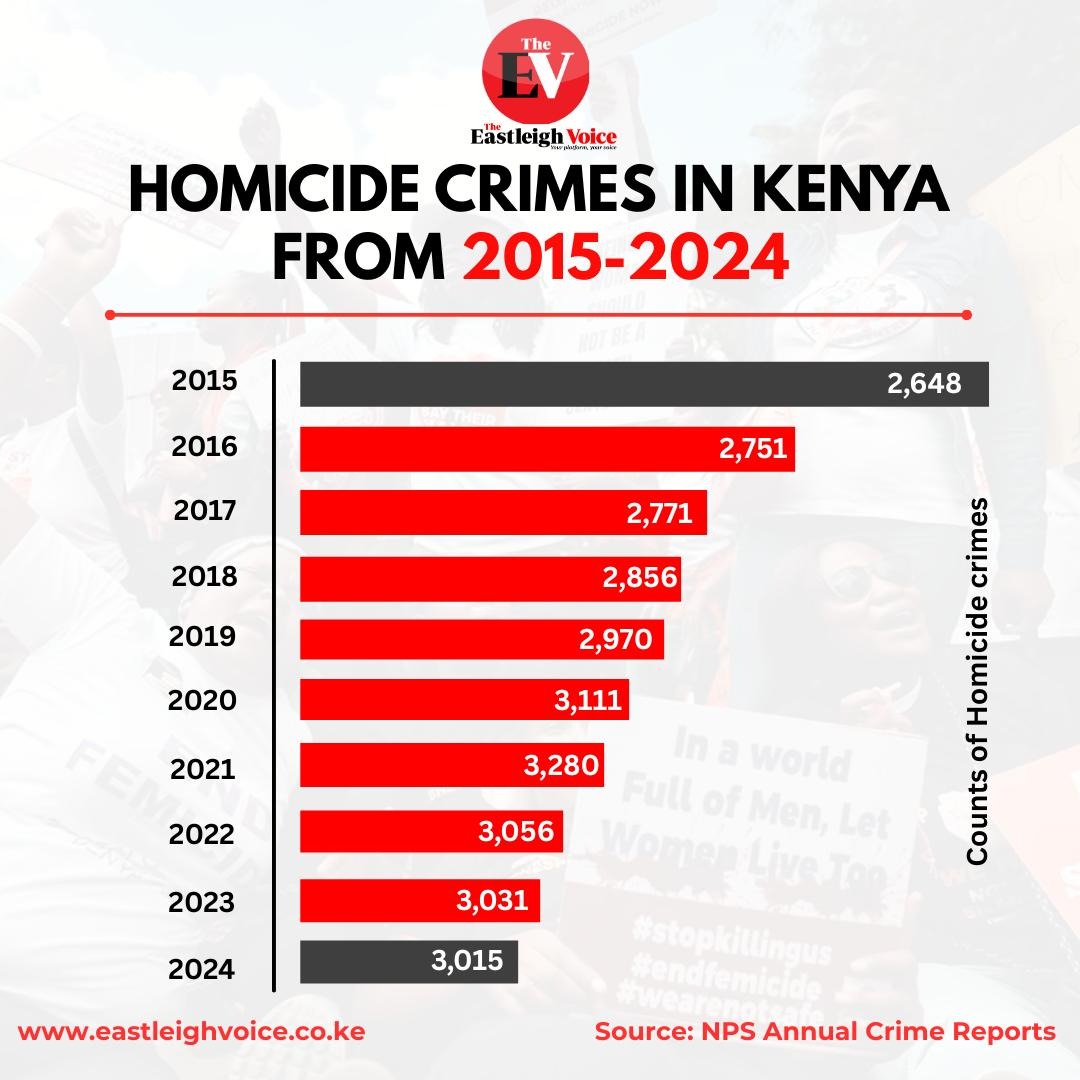The hidden risks of sharing children’s lives online

Many parents share photos or information about their children without considering where that information ultimately ends up. Some include names, schools, or locations.
A few years ago, a local musician posted a photo of his family on social media. It was a normal family picture, but one of the comments read, “Your children are ugly”.
The reaction showed how children can become exposed to hurtful behaviour once their images appear online.
More To Read
- Childhood on Edge: How shrinking play spaces put Kenyan children in danger on the roads
- Special forces across Africa meet in high-level Nairobi forum to counter terrorism and emerging threats
- Landmine casualties rise to 6,279 as treaty withdrawals loom
- Is it safe to keep your laptop plugged in all the time?
- Kenya calls for united African front against rising cyberthreats as regional forum opens in Nairobi
- X introduces transparency tool to curb bots and impersonation
Many parents share photos or information about their children without considering where that information ultimately ends up. Some include names, schools, or locations.
Others tag their children, which allows strangers to follow or message them. In some cases, parents post where their children are at a specific moment. These habits open the door to risks the children themselves have no control over.
Rwandans will join the world to celebrate World Children’s Day on November 20. This year’s theme, “My Day, My Rights”, focuses on listening to children and understanding whether their rights are respected or overlooked, including their privacy online.
The data protection law in Rwanda requires parents or guardians to give consent before a child’s personal data is processed online, unless the situation concerns the child’s safety or vital interests. Still, many parents continue practices that unintentionally compromise their children’s privacy.
To understand how children’s privacy should be handled at home and online, The New Times spoke with parents and experts.
Olivier Gakuba, a father of one and Country Director of Network International, a digital payments company, said parents first need a basic understanding of the rights children hold.
He mentioned the right to life, which includes safety and protection from harm, and the right to education, which supports a child’s growth.
He explained that children also need emotional security at home, although they require space, supervision is still necessary, especially for young children who cannot judge what is harmful.
Gakuba said parents learn more effectively when these topics are discussed in community activities, suggesting that Umuganda gatherings could be used to raise awareness about children’s rights.
He gave an example of a mother who teaches her daughter which parts of her body are off-limits to touch, saying such conversations should become more common.
Education specialist Carine Sebera said Rwanda’s data protection law was necessary because many parents are posting children’s details online without thinking about the long-term impact.
She said, parents frequently share photos of newborns or school information without considering whether the child would approve if they were older.
Sebera noted that children have rights that go beyond privacy, including freedom of thought and religion; however, she explained that these rights work within a structure.
“Parents ought to guide children until they are mature enough to understand the decisions they make. Safety comes first, but the boundaries depend on the child’s age,” she added.
Jean-Bosco Nshimiyimana, president of Shine Simple Servants (SHINE), a nonprofit that supports vulnerable communities, said the idea of privacy becomes complicated when dealing with children because they depend on adults.
“A child always needs someone responsible for them. This automatically limits how much privacy they can have. Teachers supervise them at school, and parents supervise them at home.”
Just like others said, he noted that privacy changes with age, as young children need close supervision, including when they use the internet.
“You cannot leave a child alone online and expect them to handle what they find. Even allowing them to watch television by themselves may require checking what they are watching. I know this can feel intrusive and affect trust, but the child’s safety must come first,” Nshimiyimana said.
According to Nshimiyimana, parents can slowly allow more privacy as children grow and begin to understand more. But he said full independence comes only when the child demonstrates responsibility.
Denise Teta, Policy and Advocacy Officer at Health Development Initiative (HDI), says privacy is recognised under Article 23 of Rwanda’s Constitution and Law N°71/2018 relating to the Protection of the Child. This includes information about a child, their communication, and their personal choices.
Teta said respecting privacy helps children develop confidence and trust. She noted that privacy breaches often happen through day-to-day actions. For example, parents may share a child’s photo online without asking, or read messages without explaining why.
She referenced Rwanda’s Child Online Protection Policy (2019), which outlines what parents, schools, and institutions should do to protect children in digital spaces. The policy recognises that children will increasingly be online and sets out how they should be guided and protected.
Teta noted that open communication is important as children should feel able to speak about what they experience online.
As both a parent and a practitioner in child protection, she said she supports her children to explore their interests while reminding them about safety. She said that respecting privacy while teaching boundaries helps children understand responsibility and seek help when needed.
UNICEF’s 2024 child protection analysis shows that over 60 percent of boys and 37 percent of girls in Rwanda experience physical violence, while sexual and emotional abuse are also common.
This data shows that many children are already vulnerable to harm, and sharing their personal information, photos, or videos online can worsen these risks, exposing them to cyberbullying, exploitation, or harassment.
Emmanuel Mfitumukiza, Chairperson of the Internet Society Rwanda Chapter, said cyberbullying and online harassment are rising problems that can leave lasting emotional scars.
He noted that young people face constant exposure to harmful content and misinformation, which can influence their views and choices.
“Many of them are unaware of the risks of sharing personal information online, which leaves them open to identity theft and manipulation,” Mfitumukiza said.
He noted that parents can use built-in tools on devices, browsers, and applications to monitor and regulate what their children access online. Some routers, for example, come with parental controls that can block or filter content across all devices connected to the home network.
“Most operating systems, including iOS, Android, Windows, and macOS, offer parental control features that allow parents to limit screen time, block inappropriate content, and set usage restrictions.”
Top Stories Today












































